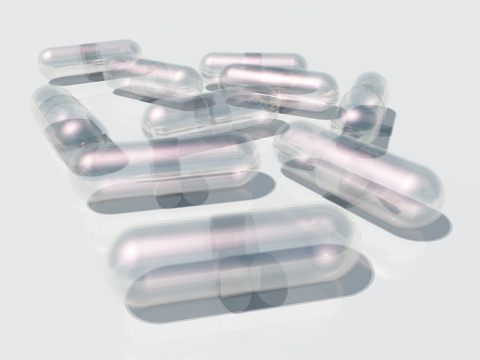Abstract
Antibiotic-associated diarrhea (AAD) is one of the most common complications of most types of antibiotics. Our aim was to determine the efficacy of Clostridium butyricum, Bifidobacterium infantis, and their mixture for AAD treatment in mice. AAD models were administered with single probiotic strain and probiotic mixture for short term and long term to evaluate the changes of the composition and diversity of intestinal microbiota, histopathology of the colon, and the systemic inflammation. Our data indicated that long-term probiotic therapy, but not short-term course, exerted beneficial effects on the restoration of the intestinal microbiota, the recovery of the tissue architecture, and attenuation of systemic inflammation. All predominant fecal bacteria reached normal level after the long-term probiotic mixture treatment, while IL-10, IFN-γ, and TNF-α also returned to normal level. However, the efficacy for AAD was time dependent and probiotic strain specific. Short-term administration of probiotic strains or mixture showed no apparent positive effects for AAD. In addition, the beneficial effects of C. butyricum combined with B. infantis probiotic mixture were superior to their single strain. This research showed that supplementation with C. butyricum combined with B. infantis probiotic mixture may be a simple and effective method for AAD treatment.

